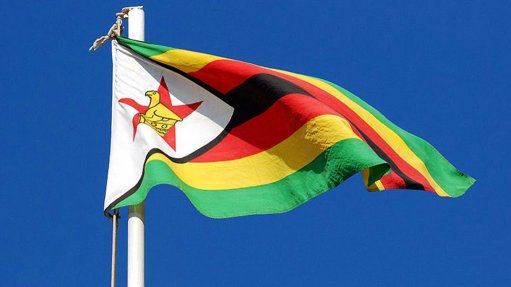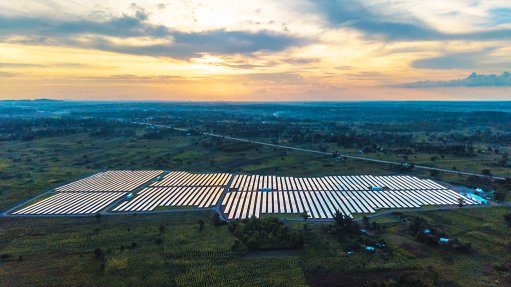Africa is disproportionately affected by climate change
A new Oxford Economics Africa research report shows that Africa is disproportionately affected by climate change.
Despite accounting for only 3% of global greenhouse gas emissions, in contrast to China (23%), the US (19%) and the European Union (13%), many African nations are among the most vulnerable to the change in weather conditions.
The World Bank reports that there has been an increase in the frequency and intensity of extreme weather events across the continent.
“Making matters worse is the fact that governments are taking steps to possibly renege on climate agreements made as recently as one year ago, in order to now secure the availability of energy for the public, putting the fight against climate change on the back foot,” the research briefing ‘Africa in the wake of climate change, every drop counts’ says.
The increased severity of water stress in many countries across the globe is one of many consequences of climate change and the number of people in Africa facing water scarcity and living in water-stressed areas is growing.
Africa is affected by both economic water scarcity – the inaccessibility of water owing to institutional failure causing a lack of planning and infrastructure – and physical water scarcity – a result of droughts and changing weather patterns.
“Every year, hotter temperatures are being reported and lakes and rivers around which large communities are built are starting to run dry. Countries that rely heavily on rain-fed agriculture are most at risk,” the report notes.
The continent is also experiencing rapid population growth, which means that water demand will continue to accelerate.
Further, changing migration patterns as a result of water scarcity are also a catalyst for escalated conflict.
The World Bank has suggested that fiscal instruments could provide the most effective solutions for mitigating and combating climate change. However, environmental tax reforms are expected to have adverse impacts on low-income households.
Four of the five countries that saw the largest deterioration in water stress levels are in North Africa, including Libya, Tunisia and Egypt, while three Southern African countries, namely Eswatini, South Africa and Zimbabwe, feature in Africa's top 10 countries with the most severe water stress.
In East Africa, following the fourth consecutive failed rainy season in large parts of Ethiopia, Kenya and Somalia, at least 18.6-million people are facing high levels of food insecurity, while, in West Africa, rainfall deficits were pronounced in the first half of 2022, especially in the Lake Chad basin, in Cameroon.
North-western Nigeria and western Cote d'Ivoire recorded moderate to severe rainfall deficits during this period.
Comments
Press Office
Announcements
What's On
Subscribe to improve your user experience...
Option 1 (equivalent of R125 a month):
Receive a weekly copy of Creamer Media's Engineering News & Mining Weekly magazine
(print copy for those in South Africa and e-magazine for those outside of South Africa)
Receive daily email newsletters
Access to full search results
Access archive of magazine back copies
Access to Projects in Progress
Access to ONE Research Report of your choice in PDF format
Option 2 (equivalent of R375 a month):
All benefits from Option 1
PLUS
Access to Creamer Media's Research Channel Africa for ALL Research Reports, in PDF format, on various industrial and mining sectors
including Electricity; Water; Energy Transition; Hydrogen; Roads, Rail and Ports; Coal; Gold; Platinum; Battery Metals; etc.
Already a subscriber?
Forgotten your password?
Receive weekly copy of Creamer Media's Engineering News & Mining Weekly magazine (print copy for those in South Africa and e-magazine for those outside of South Africa)
➕
Recieve daily email newsletters
➕
Access to full search results
➕
Access archive of magazine back copies
➕
Access to Projects in Progress
➕
Access to ONE Research Report of your choice in PDF format
RESEARCH CHANNEL AFRICA
R4500 (equivalent of R375 a month)
SUBSCRIBEAll benefits from Option 1
➕
Access to Creamer Media's Research Channel Africa for ALL Research Reports on various industrial and mining sectors, in PDF format, including on:
Electricity
➕
Water
➕
Energy Transition
➕
Hydrogen
➕
Roads, Rail and Ports
➕
Coal
➕
Gold
➕
Platinum
➕
Battery Metals
➕
etc.
Receive all benefits from Option 1 or Option 2 delivered to numerous people at your company
➕
Multiple User names and Passwords for simultaneous log-ins
➕
Intranet integration access to all in your organisation


















